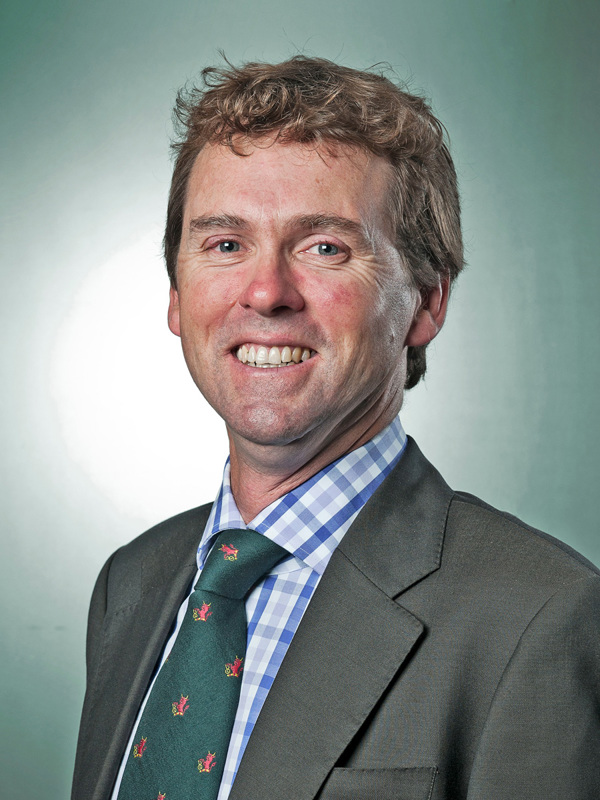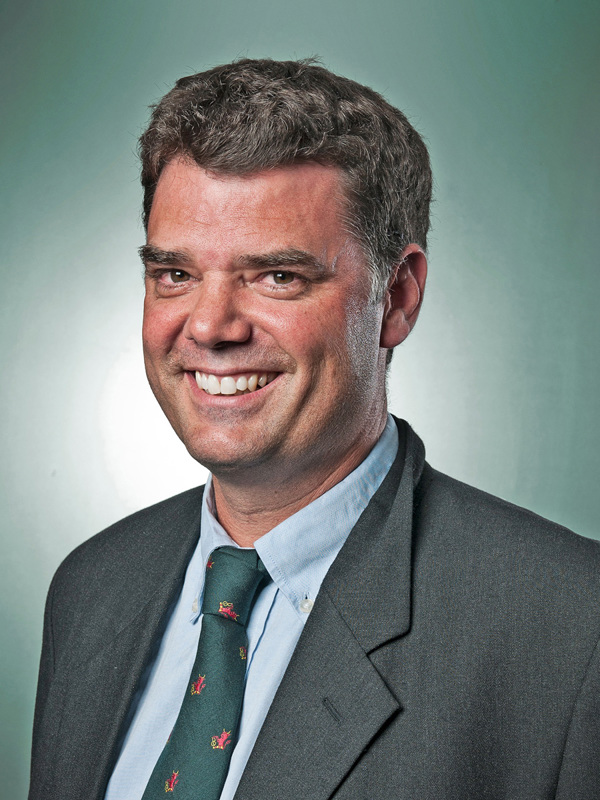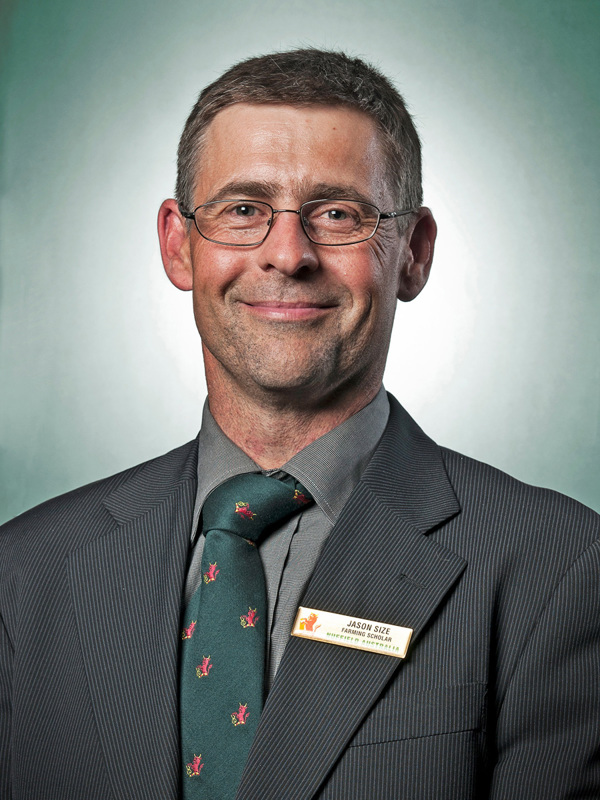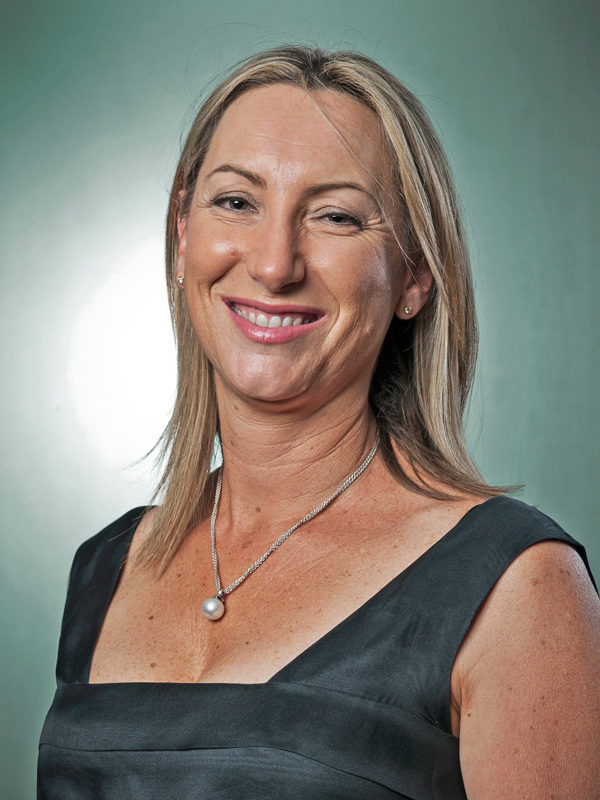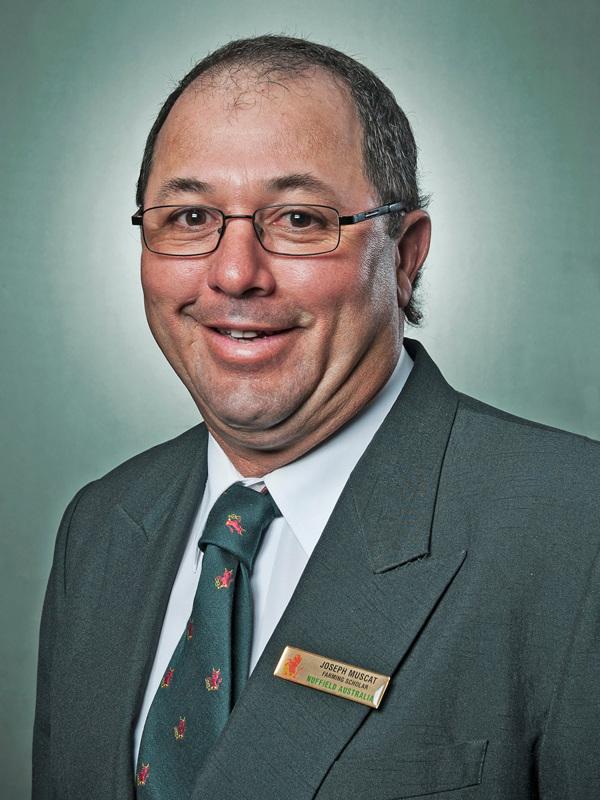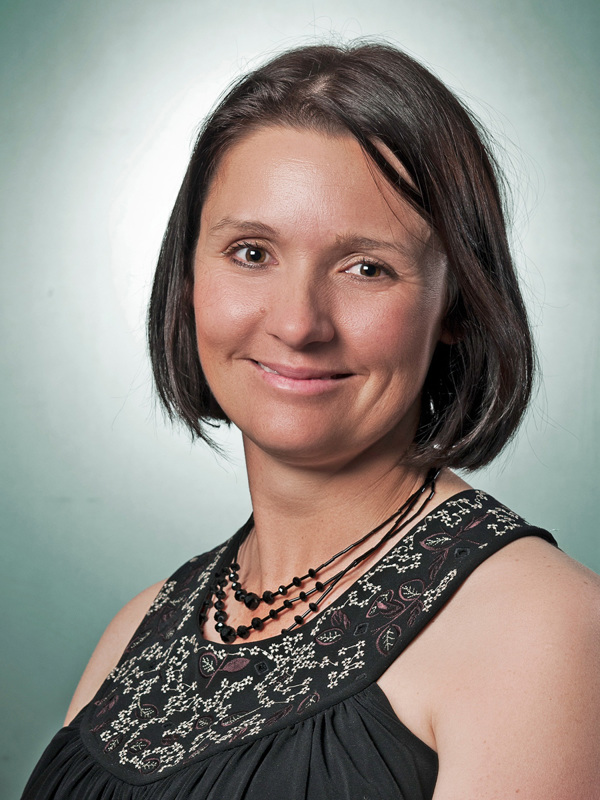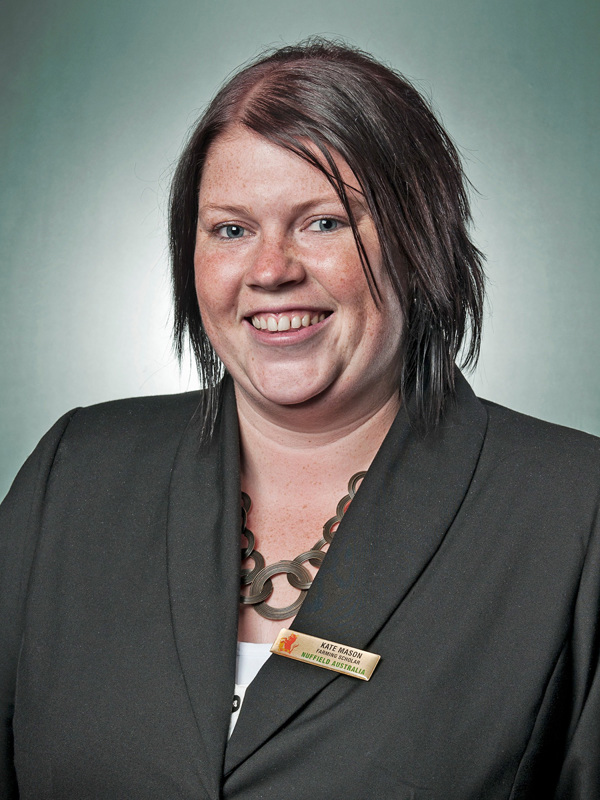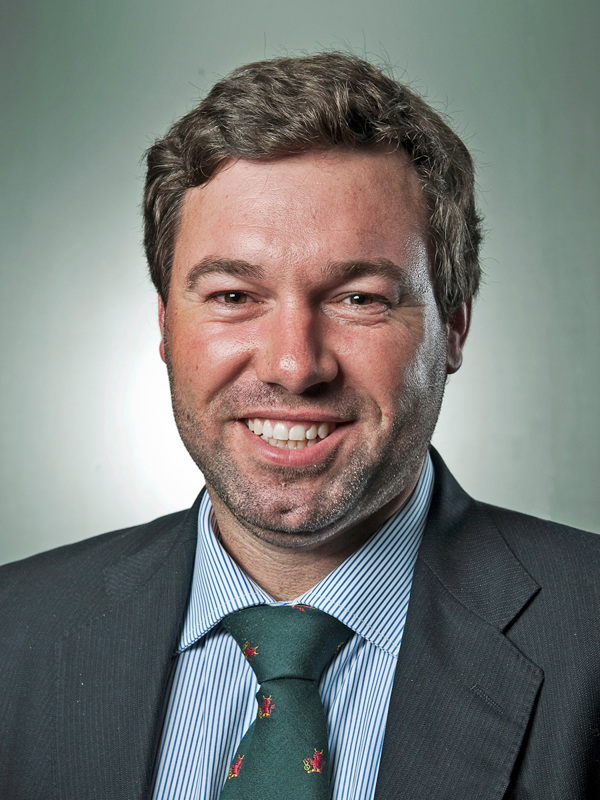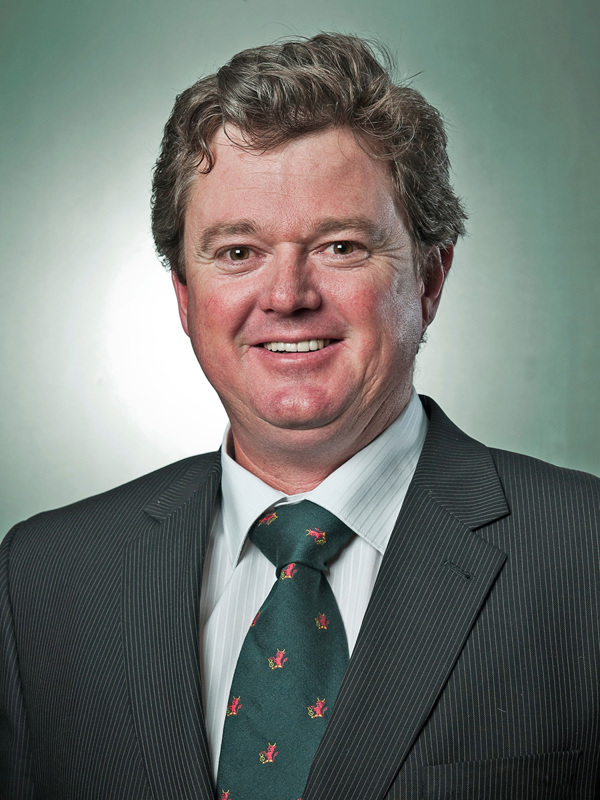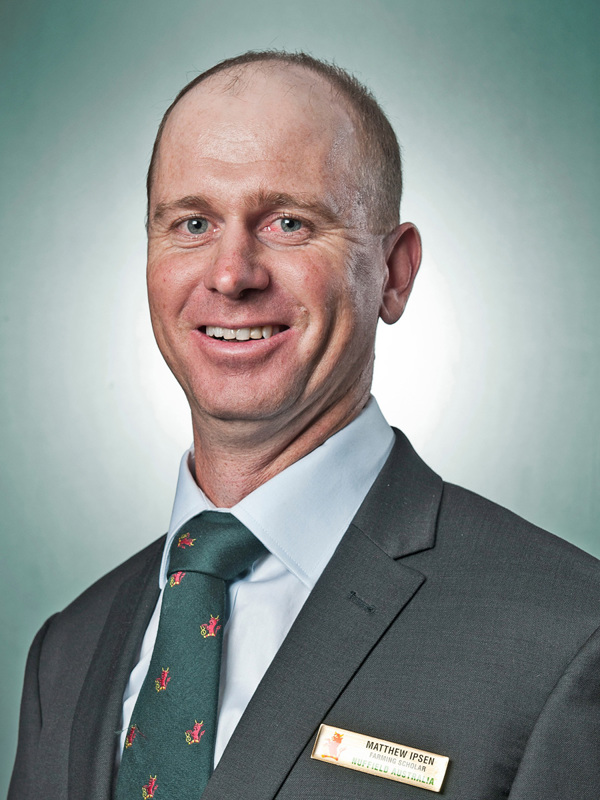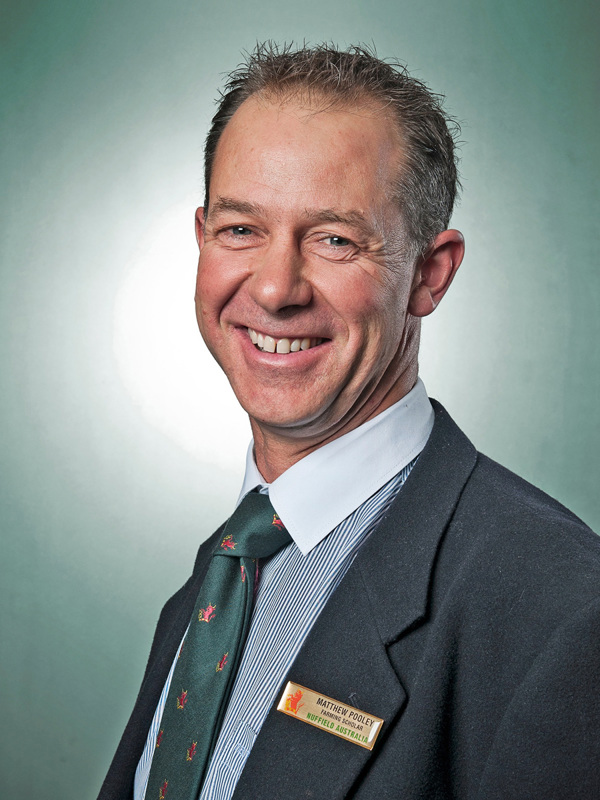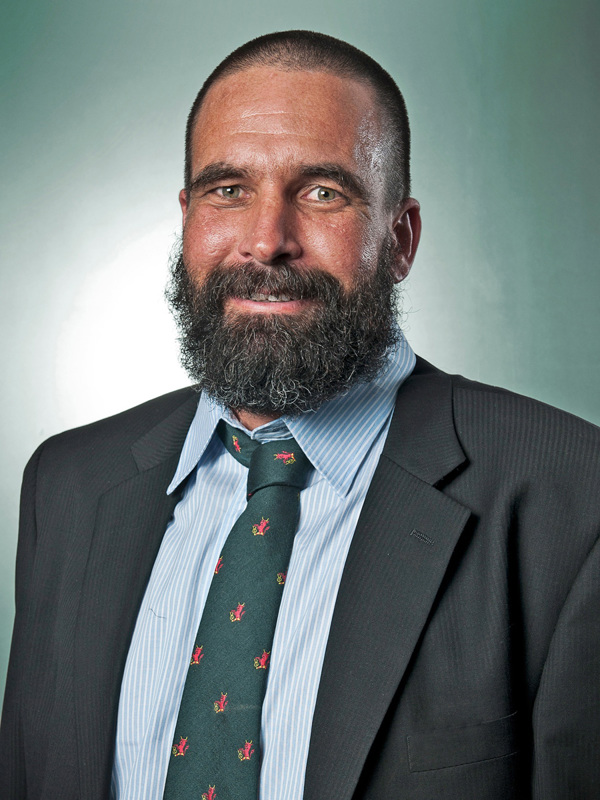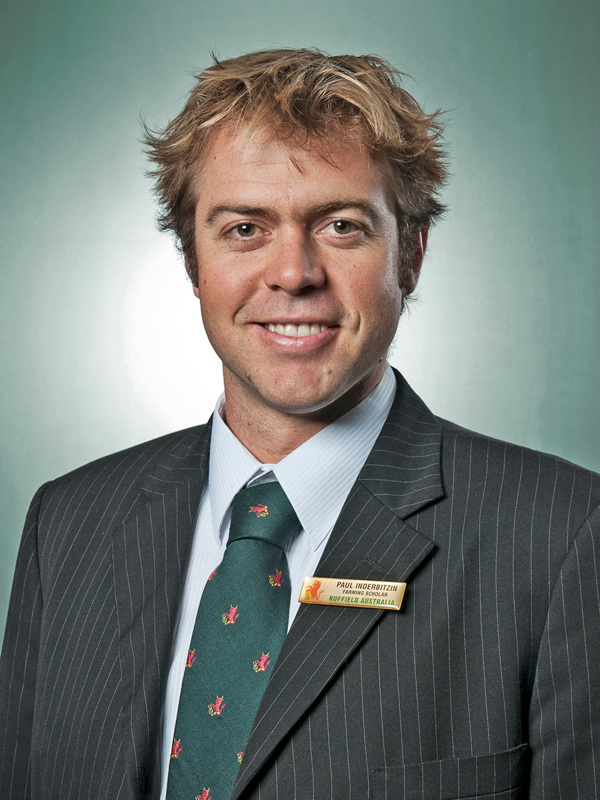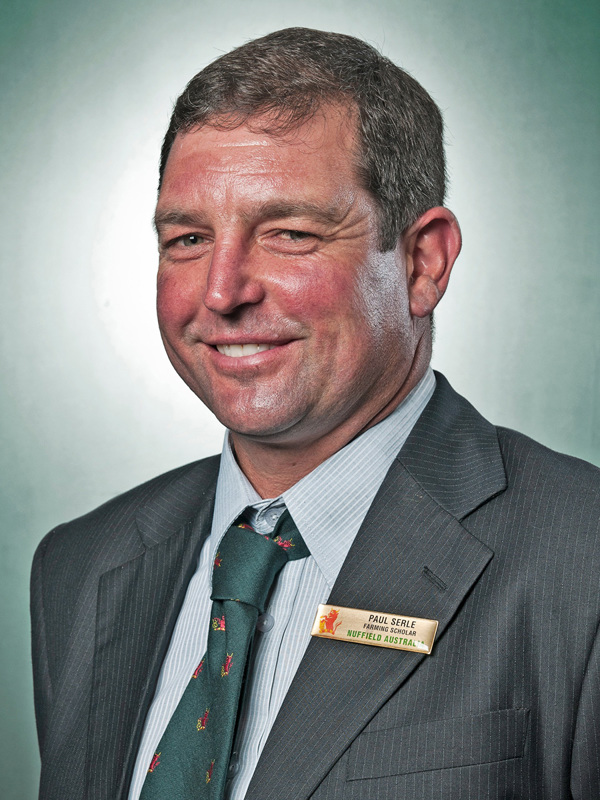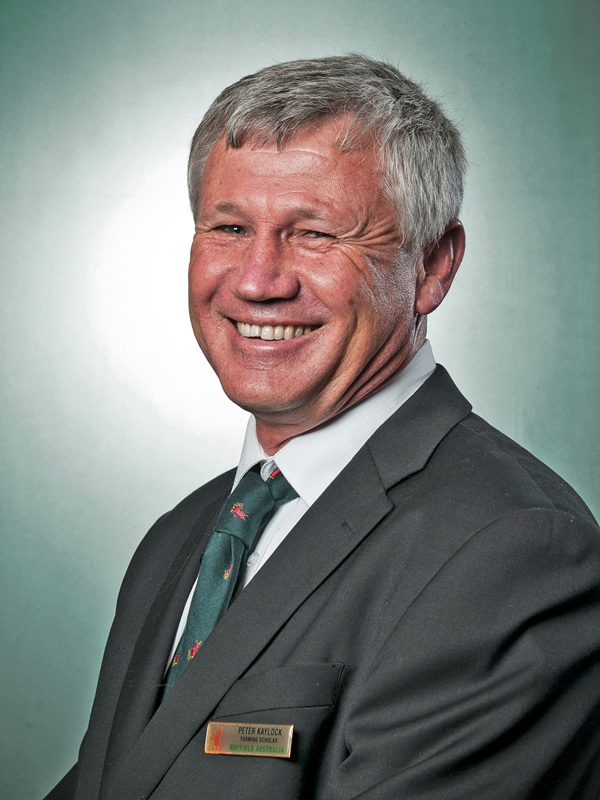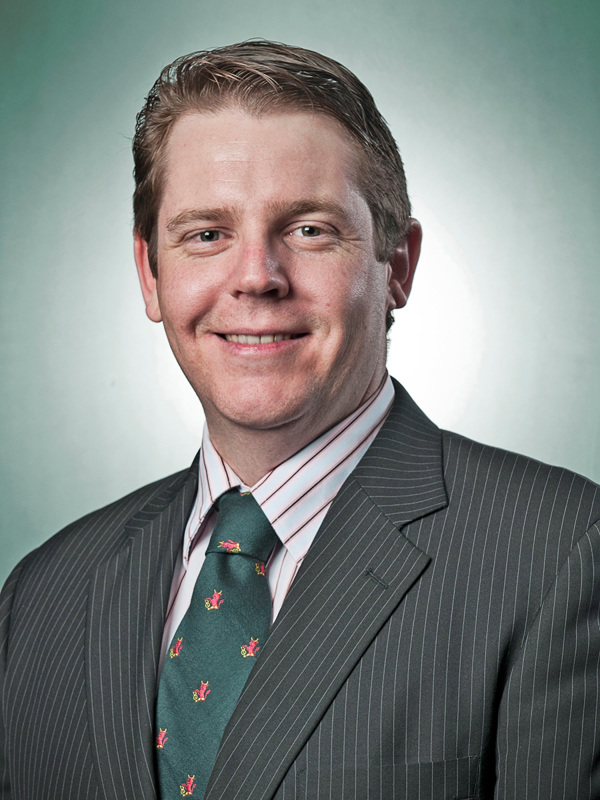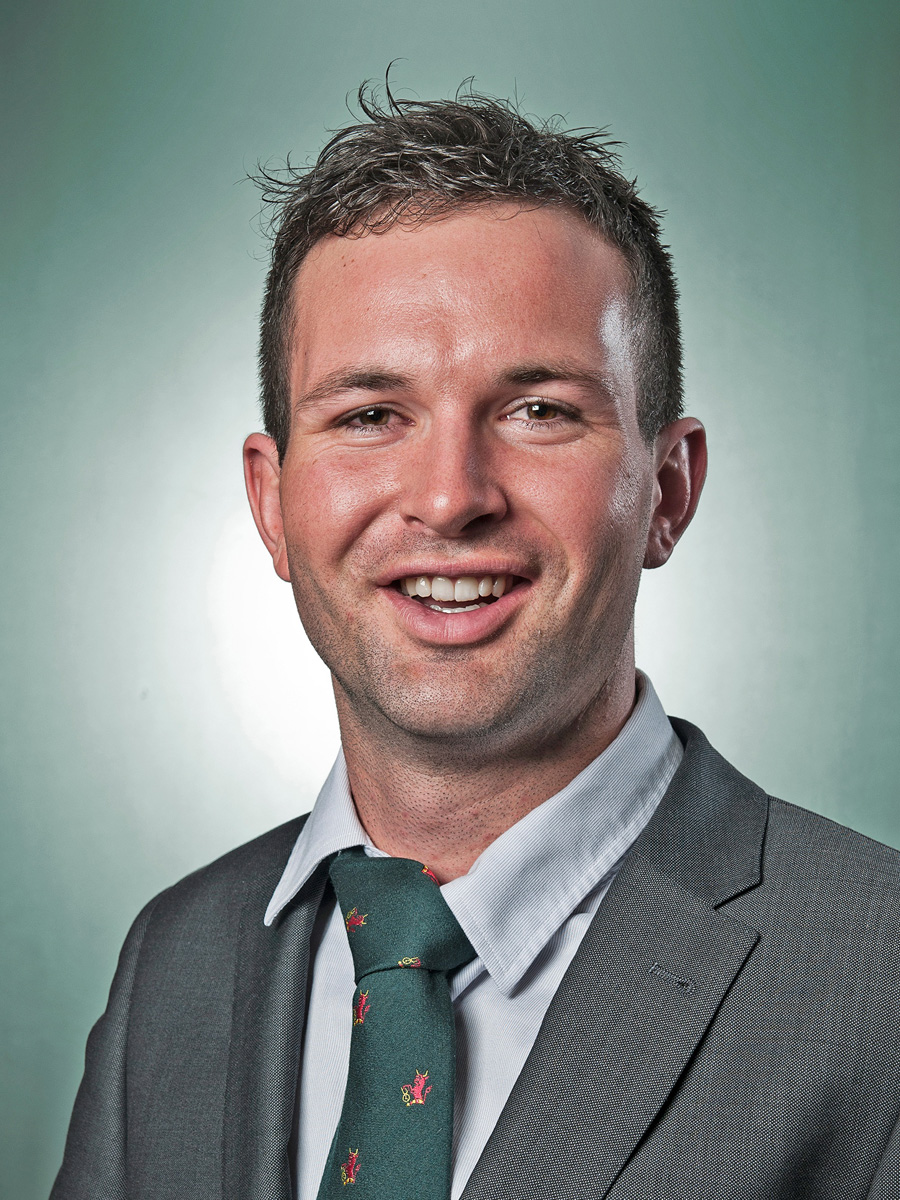
Antony Vagg

While all farmers want to make more money from their enterprises, Antony Vagg believes his industry in particular has a real opportunity for greater value adding. He says there’s a real problem in the rice industry with burning stubble, and so he undertook a scholarship to investigate ways to value-add rice straw.
“There’s a few different reasons for my focus, firstly we need to remove the straw after harvest to try and double-crop, so we need an economically viable way of removing it. Secondly I wanted to value-add the product – basically we don’t earn anything from it, we literally put it all up in flames, and I wanted to look at some way we could perhaps generate some energy or do something else with it rather than put smoke up into the air – plus of course there’s the environmental factor too,” he explains.
Antony had an extensive individual travel program, visiting California, the UK, France, Egypt, Turkey, India and the International Rice Research Institute in the Philippines. From UK power plants to innovation on the subcontinent, there were a number of key learning experiences that caught his eye.
“I visited the Ely Power Station in Cambridge where they were processing 200,000 tonnes of cereal straw each year – rice straw is a bit different to other straws, but it was good to see a commercial project that was actually running. Then in Egypt I saw value-adding and extraction of high value product out of straw that could then be sold on at a high price. My third key learning was in India – the innovation and drive they’ve experienced from the Government in Punjab putting a ban on burning has been outstanding, it’s amazing,” Antony explains.
One of the keys to learning through the program is the doors the organisation can open, although Antony admits it wasn’t all smooth sailing.
“Everyone was willing to share their information – the only place I probably struggled was Egypt, but I think that was a political hotspot, generally everyone was really excited because it was really interesting. The more I looked into it, certainly in western cultures and developing nations, they’re all facing exactly the same issues in rice production so it was really exciting to collaborate on all those things I found and the people were just so quick to share information,” he enthuses.
Antony believes the focus should be on developing bioenergy technology.
“I think bioenergy has really great potential for the whole industry in terms of both rice hulls and rice straw. There’s also some niche market potential that individual growers could look at such as revegetation after bushfires and mulching projects, and there’s new technology that might allow rice straw to even be used as a feed source. It’s a multi-pronged attack but I think in terms of the whole of industry perspective it’s the bioenergy that might hold real potential,” Antony concludes.

